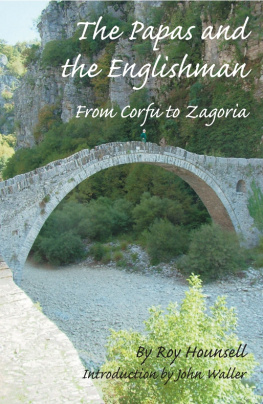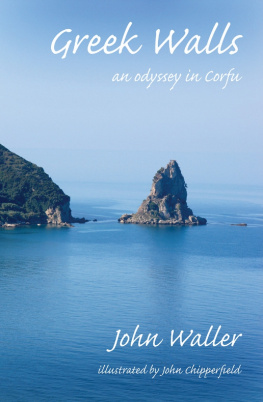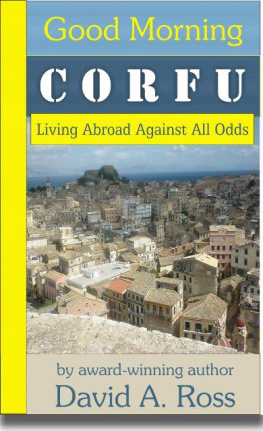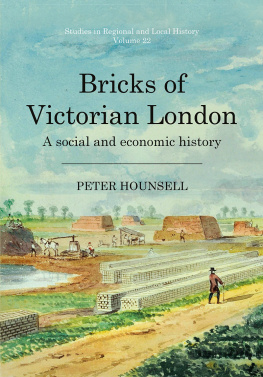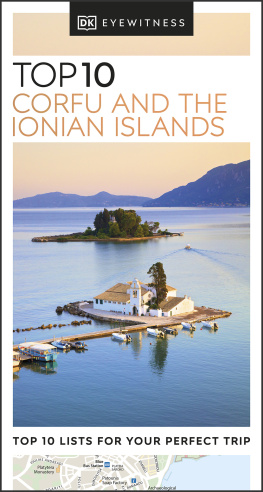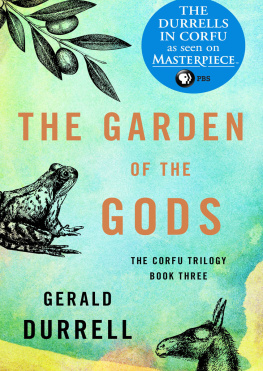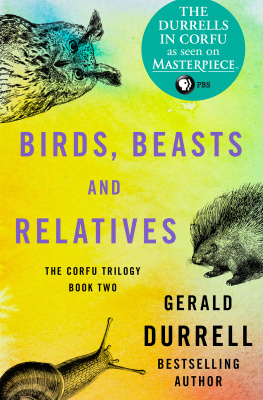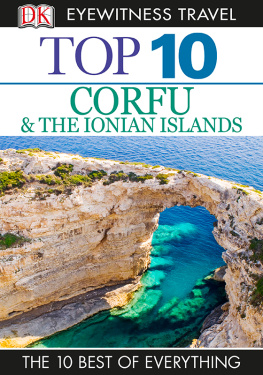THE PAPAS
AND THE
ENGLISHMAN
From Corfu to Zagoria
Roy Hounsell
Introduced by
John Waller
YIANNIS BOOKS
England
Acknowledgements
I would like to say that without the enthusiasm and encouragement of Ainley Brownhill (my wife Effie), born and bred in Ilkley, in the West Riding of Yorkshire, it is unlikely any of these events would have happened, and this book would never have reached fruition. And thanks are owed to our good friend Tim Waller and his computer skills for the final editing. And particularly to John Waller, our publisher, who accepted the manuscript for publication.
THE PAPAS AND THE ENGLISHMAN
Copyright 1997 by Roy Hounsell
All rights reserved. No part of this book may be reproduced in any form without the permission of the publisher except for quotation of brief passages for reviews.
Published in 2007 by YIANNIS BOOKS
101, Strawberry Vale, Twickenham TW1 4SJ, UK
Typeset by Mike Cooper, 25 Orchard Rd, Sutton SM1 2QA Printed by Antony Rowe, Chippenham, Wiltshire
Front cover: Bridge near Koukouli by Peter Jenkins Back cover: Koukouli Church by Roy Hounsell Map of Zagoria by John Chipperfield
224 pp
ISBN 978-0-9547887-3-5
ISBN 978-1783-0131-1-1(eBook)
ZAGORIA AND THE VIKOS GORGE

PREFACE
Hes crazed with the spells of Far Arabia.
They have stolen his wits away.
Walter de la Mare
When we first announced our intention of buying a house and living in Zagoria, a virtually unknown area of Greece close to the Albanian border, our friends looked at us askance. Clearly they were thinking, Theyre crazed with the spell of far Zagoria. It has stolen their wits away!
Well, if our wits have been stolen away we can only say we are a good deal happier without them. Our life here, in the village of Koukouli, could not be more contented, more rewarding and trouble free. This is the story of our search for an idyll which, unlike most Holy Grails, we eventually found and held on to. As with all stories it has a beginning and, in our case, that beginning happens to be in Corfu. So, read on come with us on our quest and delight with us, witless as we are, in that quests end.
AUTHORS NOTES
Some purists will insist that the area of Greece about which I write should more correctly be referred to as Zagori. However, many people are happy to call it Zagoria, a name more rounded, more evocative of distant lands. I invoke artistic licence.
All characters in this book and the places described are real. The observations recorded are mine, and mine alone.
INTRODUCTION
Robert Carver, in the prelude to his book The Accursed Mountains tells how he was interviewing Patrick Leigh Fermor for BBC Radio 3 and, off microphone, asked him If you were eighteen now, in 1991, and you wanted to go somewhere somewhere right off the map, with no tourists or modern developments where would you go?
He frowned and thought hard for several moments. Epirus the north, the mountains. You might have a chance of finding places there.
It was in 1991 that Roy and Effie Hounsell moved into their place in Zagoria.
In 1966, Patrick Leigh Fermor wrote in Roumeli Travels in Northern Greece: Through the sierras of the Zagora, beyond Vitza and Mondendri where they grazed their flocks in summer, runs the narrow and terrible gorge of Vichou, falling sheer in a chasm to great depth: a dark chaos of boulders and spikes through which, when it is in spate, a tributary of the Aos river foams with a noise like faraway thunder. But whenever their talk veered to the summer pastures of the Zagora, all their eyes lit up like those of the children of Israel as they thought of Canaan.
It was in 1966 that we fell in love with Corfu. Soon afterwards we built a small summer-house above the deserted west coast.
In spring, as we went over the mountain behind us, we would look east across olive groves covered in flowers to the twin forts of the town, the silver sliver of sea and the snow-topped mountains of the mainland. In summer, the breeze would cool us under the shade of our huge olive tree and in the evening we would swim off empty beaches. In autumn, after great storms turned the bay far below white as rollers roared in across the open Mediterranean, glorious sunsets towards Italy would herald crystal clear days with the mainland mountains now covered in snow.
Though our trips to the mainland were few, we always visited the majestic monasteries of Meteora but never explored the wild north-west of Greece with its Vikos Gorge and the 46 villages of Zagorochoria. Last October Nick the Pool persuaded us to go and stay with his friend and ex-pool man Roy Hounsell who had left Corfu and turned a derelict house in one of the villages into a bed-and-breakfast.
Less than an hour and a half after leaving Igoumenitsa we crossed the Gorge, near its source, beside a glorious Ottoman style pack-horse bridge and arrived in front of Koukouli church behind which was the square in the village centre the plateia or mesochori with its ancient plane tree in the middle and the exquisite fountain complex to one side. A narrow cobbled path led past houses, some derelict and some restored, to a stone roofed gate and into a tranquil, secluded, sun-trapping courtyard between two rebuilt traditional houses Roy and Effies Place.
Two days of self-indulgent tourism followed: beyond Monodendri at the viewpoint of Oxias we had our first sight of the Vikos gorge, the deepest in the world the Grand Canyon is just a canyon dropping 1,000 metres into the chasm below; over the top of the pass to the north, we investigated the monument to the Greek Army and the local people who stopped the Italian invasion of the country in November 1940; at the village of Aristi we stopped for spoonfuls of Glika, fruits preserved in sugar and their juices, and a glass of water; we forked right to Vikos with its arcaded church in the plateia and another dramatic view of the Gorge; after our return to Aristi we forked left over the Voidamatis river and took a dip in a cool pool before zigzagging up 19 hairpin bends to finish at Megalo then Mikro Papigo and the spectacular view of the Pyrgi or towers, as they turned pink in the sunset. In the churches we found frescoes and in the mansions magnificent wall paintings. We ate well, first in the little taverna on the Koukouli plateia and then at a taverna past the gorgeous three-arched bridge below Kipi. I even heard the haunting Epiriot Clarinet.
Over lazy breakfasts Roy told us of his life in undiscovered Zagoria and the trials and tribulations of re-building the two houses. I found that his story, though twenty years later, mirrored ours in Corfu. Before we left, I mentioned my two books, Greek Walls and Corfu Sunset.
Out of the blue, he produced his own manuscript. From its pages I found that Roy was quite a character even if slightly curmudgeonly. He wrote with wicked humour and much feeling. He had restored a little bit of lost Greece in Koukouli and had brought income into a once-dying village. He was no fair-weather lover of Zagoria: in the winter he didnt leave for Athens or abroad but stayed with the remaining fifteen villagers to brave out the snow and the cold. He and Effie have now become part of the village. This is a story that too few of the new migrants to the Mediterranean can tell.
JOHN WALLER

